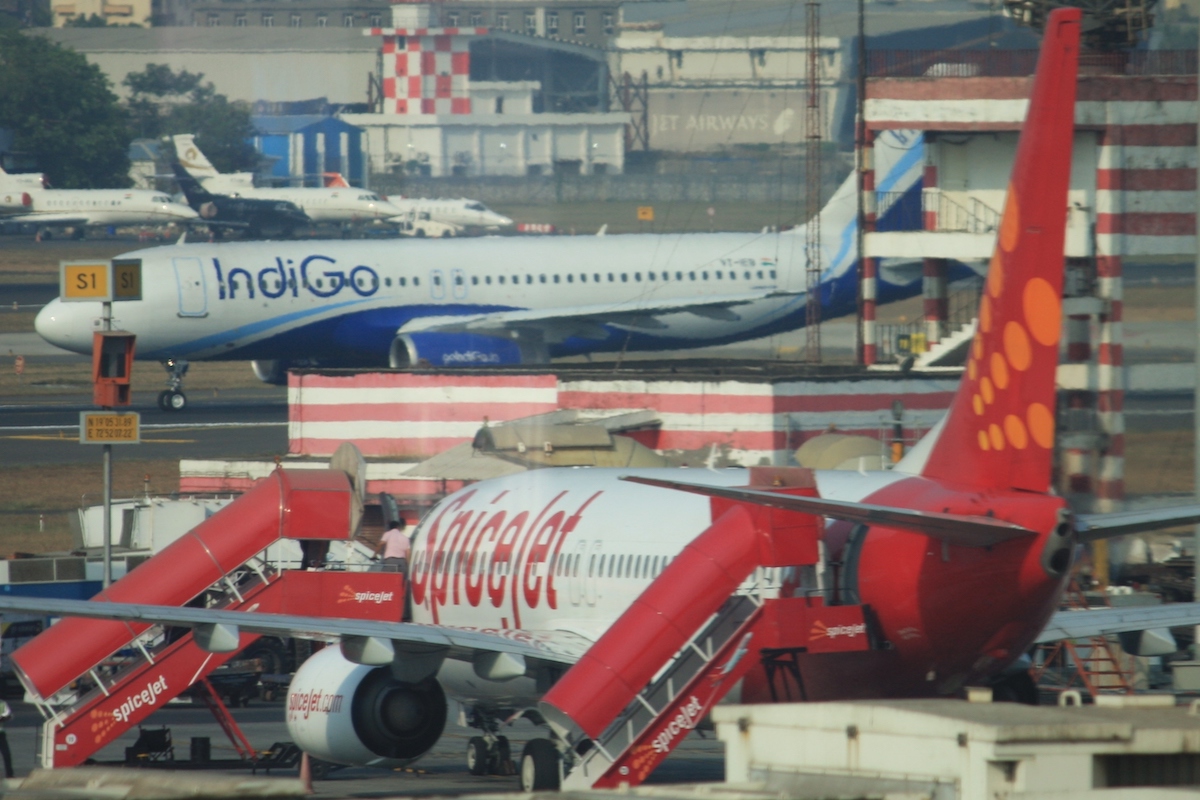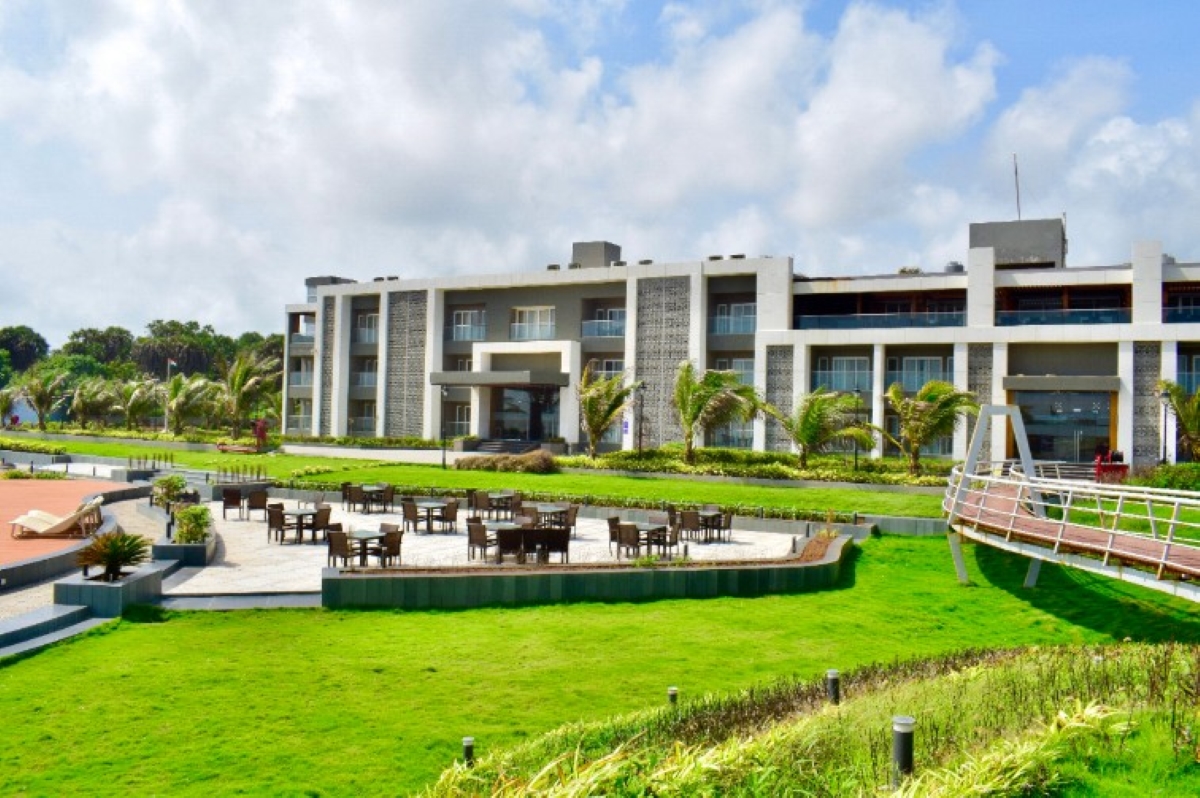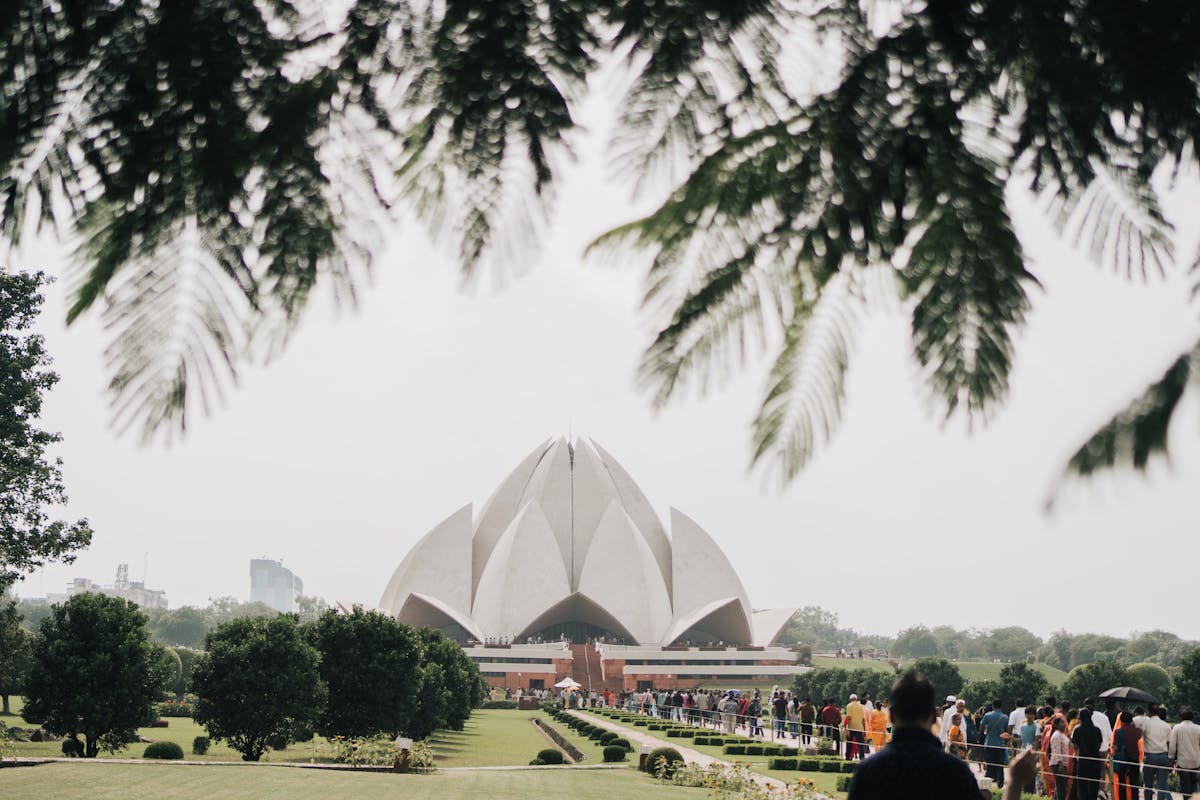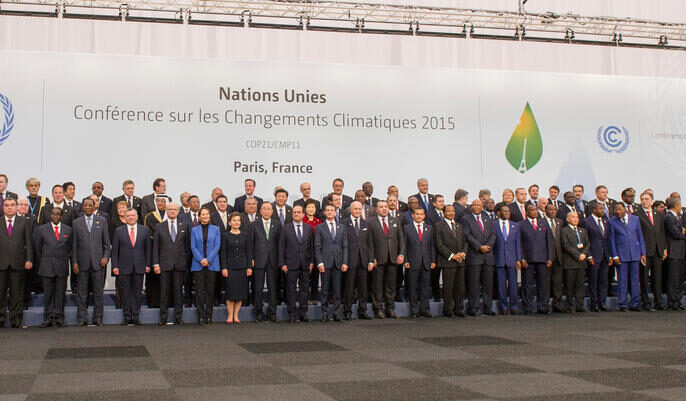Skift India Daily: India to Invest $12 Billion in Airport Upgrades to Meet Demand

Skift Take
India will invest around $12 billion over the next two years in airports, aircraft and recruitment to meet the booming demand for air travel. The country aims to increase the number of airports from the present 148 to 220 by 2025, for which private builders will contribute roughly $9 billion, with the balance coming from the government-run Airports Authority of India. It entails new terminal construction, greenfield projects, and refurbishment of existing buildings, including old military airfields from the colonial era, as per a Bloomberg report. “We need to put in place the civil aviation infrastructure and capabilities that by 2047 would be able to support a $20 trillion economy within India,” said the country’s civil aviation minister Jyotiraditya Scindia at the ongoing CAPA India Aviation Summit in New Delhi. Scindia said passenger capacity at India’s six major airports is expected to grow to 420 million in four years from 192 million today, and Indian carriers’ fleet will grow to 2,000 aircraft in five years from 700. Additionally, India has eased leasing rules for airlines to lease more aircraft to address aircraft shortages as travel rebounds from the pandemic. He also highlighted how India had tweaked its airplane leasing program to enable airlines to add more aircraft to meet passenger demand, including more “wet leasing,” or renting of planes with crew, for domestic and international routes. Tata Group-owned Air India last month announced a record order for 470 jets and is due to take another 25 leased aircraft.
India adopted an action plan to mark 2023 as the year of tourism development in the SCO (Shanghai Cooperation Organisation) region at the tourism ministers’ conference in Varanasi. A joint action plan for implementing the agreement between the member states — China, India, Kazakhstan, Kyrgyzstan, Russia, Pakistan, Tajikistan and Uzbekistan — on cooperation in the tourism sector was finalized and approved. It comprises promotion of the SCO tourism brand, promotion of the cultural heritage of member states, sharing of information and digital technologies in tourism, and promotion of mutual cooperation in medical and health tourism. The member countries will also undertake activities jointly, such as SCO tourism exhibition, SCO Food Festival, webinars and seminars on tourism, conference and expert sessions on promotion of tourism in the region. The next meeting of the SCO heads of tourism administrations will be held in Kazakhstan in 2024.
Indian airlines will operate 22,907 domestic flights per week as part of this year’s summer schedule — from March 26 to October 28 — representing a 4.4 percent increase from the winter schedule, according to Indian aviation regulator Directorate General of Civil Aviation (DGCA). Low-cost carrier IndiGo will see its weekly departures rise 13 percent over the winter schedule to 11,465. This will be followed by SpiceJet with 2,240 flights, which will be operating almost 30 percent fewer flights. Tata group airlines Vistara and AirAsia India will also be operating fewer flights than they did in the winter schedule, while the group’s main carrier–Air India–has planned 2,178 weekly departures, 9.5 percent higher than the winter schedule. Vistara’s weekly departures will fall by 4.4 per cent to 1,856, while AirAsia India will operate 1,456 weekly flights, down by just 0.4 percent. The Tata group is in the process of consolidating its airline business and plans to merge Vistara and Air India to create a full-service airline.
Fearing sea erosion could become a major threat to the tourism industry of Goa, Leader of Opposition in Goa Assembly Yuri Alemao has moved a private member resolution recommending the government to appoint a high-level inquiry commission to investigate the coastal soil erosion in Goa. “The Commission should also study the report of Indian Space Research Organisation (ISRO) identifying both districts of Goa as landslide-affected. The Commission should also be given the mandate to study the report of ISRO revealing that Goa lost around 15.2 hectares of land due to coastal erosion in 10 years,” stated the resolution moved by Alemao. Even state tourism minister Rohan Khaunte had stressed on adopting technologies to ensure that the coastal area is protected from sea erosion.
Tata Group-owned Air India has offered a voluntary retirement scheme (VRS) to its non-flying staff. The offer, the second such since its takeover by the Tata Group, will be open till April 30. Permanent general cadre officers who have attained the age of 40 years or above and completed a minimum of five years of continuous service at Air India are eligible for the offer. Also eligible will be clerical and unskilled categories of employees who have completed a minimum of five years of continuous service. Around 2,100 employees will be eligible to avail the latest voluntary retirement offer, according to a report by news agency Press Trust of India. The airline currently has a staff strength of about 11,000 people. Tatas launched the first phase of the voluntary retirement offer in June 2022.
With the electrification of two key routes, India’s northeastern state of Meghalaya will operate electric trains for the first time. In its mission to make the entire rail network of the country run on electric traction and shun diesel-based trains, Indian Railways has embarked on a journey to become a ‘net zero carbon emission’ railway system in another seven years. The Northeast Frontier Railway (NFR) has recently commissioned a 14.17 track miles single-line stretch of Dudhnai-Mendipathar and Abhayapuri-Pancharatna 21.4 track miles double-line section. Mendipathar is the only railway station in Meghalaya which is in operation since 2014. After commissioning of electric traction, trains hauled by electric locomotive will now be able to operate directly from Mendipathar in Meghalaya which will increase the average speed.
French airports operator Groupe ADP will establish a new airport holding company with Indian firm GMR Enterprises, simplifying the structure of its current Indian venture through a merger arrangement. GMR Airports Infrastructure — known as GIL — has a 51 percent share in GMR Airports, known as GAL. Groupe ADP holds the 49 percent balance of GAL. Under the proposal, GAL and GIL would be merged in the first half of 2024, forming an airport holding company which is listed on Indian stock exchanges. This merged entity – which would be called New GIL – would be 33.7 percent-owned by GMR, and 32.3 percent-owned by Groupe ADP, with the rest publicly-held. But Groupe ADP would have a 45.7 percent economic interest in New GIL, against GMR’s 27 percent, and the public’s 27.3 percent if optionally convertible preference shares are taken into account. This will allow Groupe ADP to retain a “substantial interest” in the performance of the asset, the company said.
India’s pink city of Jaipur will soon start helicopter service for tourists. Tourists can avail of the joyride at $60-$80 for seeing various spots like Aravali forests and Amer Fort, Nahargarh, Jaigarh, Jalmahal, Hawa Mahal. The facility will also be available in other cities of Rajasthan, including Jodhpur and Udaipur. Preparations are also underway to start a helicopter service for visiting religious places of the state. Helicopter joyrides will also begin at other tourist places, including Ranthambore and Ghana Bird Sanctuary (Bharatpur). Earlier, the service which was started in the state’s golden city of Jailsamer was stopped within a week of operations due to violation of forest rules.
European airplane manufacturer Airbus plans to hire 1,000 people in India this year out of 13,000 globally. Its American counterpart Boeing and its suppliers, which already employ about 18,000 workers in the country, have been growing by some 1,500 staff every year. Both Airbus and Boeing are increasingly looking to India for highly-skilled, low-cost engineers to meet a boom in demand for aircraft and expand their manufacturing presence in India. With about 1.5 million engineering students graduating annually, India is a rich source of talent for planemakers facing record orders from airlines as travel surges again after the pandemic. Boeing can hire an engineer in India’s tech hub Bengaluru for 7 percent of the cost of a similar role in Seattle, according to salary data compiler Glassdoor.
A new airport terminal building at Chennai airport in the south Indian state of Tamil Nadu is likely to be operational by March-end. The new terminal — which covers a total area of 1.97 lakh square meters — will enhance the airport’s capacity to 27 million passengers per year. The terminal will feature 80 check-in counters, eight self-check-in counters, six self-baggage drop counters and 108 immigration counters. It is being built in two phases, at a cost of $299 million. The second phase of the terminal is expected to be completed by December 2024.




